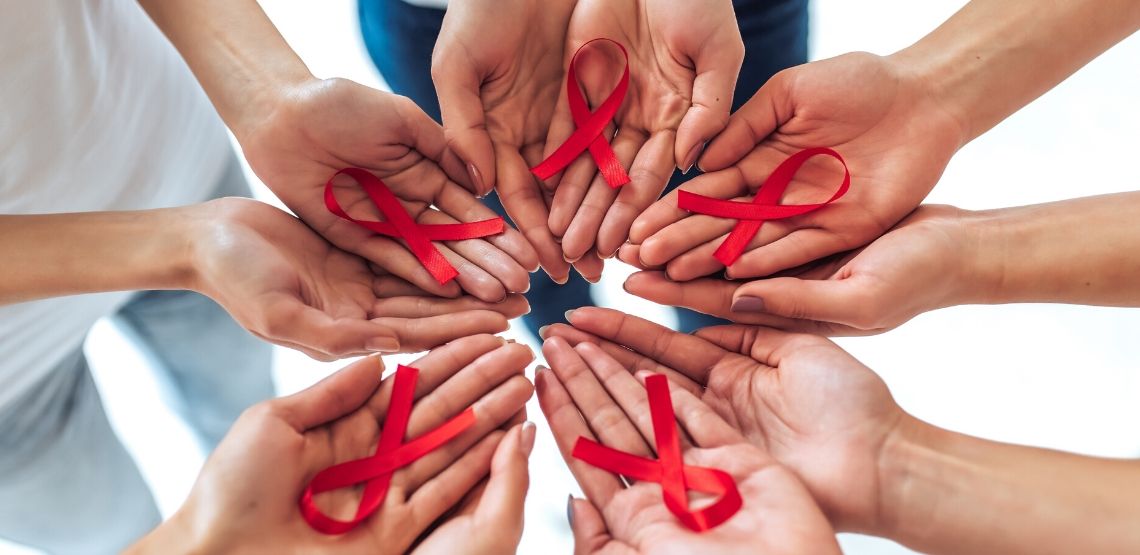How Much Water Should I Drink a Day?
Water is quite aptly referred to as an “elixir of life” as it comprises nearly 60% of the human body. All the tissues (muscle, epithelial, connective and nervous), cells and organs present in the body need an adequate amount of water for carrying out vital functions.
Good health is needed for development, and the human body relies on water for survival and to carry out various functions properly. For example, our bodies use water to maintain their temperature, to keep the body hydrated, to ensure healthy bowel movements, to remove waste through urination, for perspiration and to lubricate and cushion joints.
Related Search Topics (Ads)
Because water is lost through breathing, digestion, and sweating, it is vital to rehydrate and make up for the lost water content by drinking water and other fluids and consuming foods that contain water.
Healthy Water Intake Per Day
Every individual’s water needs are different and depend on their age, health conditions, weight, activity levels, the climate and topography they live in, and the type of job they do. A minimum of eight glasses of water (also known as the “8×8” rule) are recommended for optimum health and overall well-being.
Intermittent drinking of small amounts of water is the best way to stay hydrated. While other liquids like juice and coffee contain water, they often have other ingredients that make them unhealthy alternatives.
The following amounts are often recommended:
- About 15.5 cups (3.7 liters) of water for men.
- About 11.5 cups (2.7 liters) of water for women.
Pregnant women are advised to drink about 10 cups of water daily, and women who breastfeed need about 12 cups per day.
If the weather outside is very hot and you are sweating a lot, you should drink more than the average amount of water needed per day. The same can be said if you're sick; staying hydrated is important in helping your body recover.
Consuming Other Liquids
Drinking liquids other than water can contribute to an intake of caloric nutrients over regular requirements.
Water, milk, soda, sugar-free drinks, coffee, and tea all count towards water intake, but water is the best choice since it does not contain any calories or additives.
Some of the food we consume daily makes up for the total water content in our bodies. For example, dishes like soup, fresh fruit juices, ice cream, and fruits and vegetables with a high water content, such as melon or cucumber all help contribute to our daily water intake.
Drinking Water to Maintain General Health
There are many reasons why everyone should drink a healthy amount of water every day. Here, we'll go over some of the specifics.
Water Lubricates the Joints
Water keeps the tissues in our body moist. It helps provide flexibility, lubrication, and cushioning to the joints. The synovial fluid that is responsible for lubricating joints is made up of 80% water. Prolonged dehydration can reduce the joints's shock-absorbing ability, resulting in joint pain. This fluid minimizes the friction between joints and helps maintain healthy tissue and joints.
Brain Health
Drinking water helps our brains achieve the following:
- Increase blood flow and oxygen to the brain.
- Better sleep by reducing anxiety and stress.
- Beneficial in balancing emotions and mood.
- Improving and sustaining memory function.
- Enhancing and improving cognition and concentration.
- Relieving and preventing any headaches.
Water Forms Saliva and Mucus
Drinking water keeps our noses, eyes and mouths moist. This saliva is beneficial in digesting our food. Drinking water is beneficial in rinsing away leftover food and any cavity-causing bacteria. It is needed to dilute the acids produced in the mouth and help reduce tooth decay.
Healthy Skin
Water keeps our skin well-hydrated and glowing. Drinking water helps our skin stay radiant and healthy, and prevents skin disorders and premature wrinkling.
Cushioning
Water helps cushion the spinal cord, brain and other sensitive tissues. There could be a negative effect on the brain structure and function, as well as the spinal cord, due to prolonged dehydration.
Regulating Body Temperature
All the cells, tissues and organs in the body need water to help regulate body temperature and other bodily functions. Because the body loses water through sweating, breathing and digestion, we need to rehydrate by drinking a lot of fluids and consuming foods that contain water.
Digestion
Drinking water after or during a meal aids in digestion. Water breaks down food so that the body can absorb the essential nutrients that can help in digestion. Dehydration leads to constipation and stomach ulcers. Water softens stool, which helps prevent constipation.
Water is also beneficial in helping eliminate waste from the body in the form of urine, feces and sweat.
Regulating Blood Pressure
Inadequate amounts of water in the body can make the blood thicker, and trigger an increase in blood pressure. This happens because the capillaries and arteries in the heart are forced to shut down due to thicker blood as dehydration elevates your blood pressure.
Keeping Airways Open
Without adequate water, the airways in the body become restricted to minimize water loss. As a result, allergies and asthma could become worse.
Prevent Kidney Damage
Inadequate water can result in kidney stones and other serious problems. Water flushes out waste from the kidneys in the form of urine. It also keeps the blood vessels open for blood to travel freely, and deliver essential nutrients.
Hangover Cures
If you're hungover, one of the best cures is drinking lots of water. It will help rehydrate your body and fight off headaches.
Physical Performance
Studies have shown that staying hydrated while exercising helps reduce the risk of injury, and can boost performance. Dehydration, on the other hand, can hinder your athletic abilities. You'll also need adequate amounts of water for any endurance activities.
Weight Loss
Drinking water helps boost your metabolism, and helps eliminate waste from the body. It can also make you feel more full, which will stop you from snacking on food throughout the day. Drinking an adequate amount of water every day also helps prevent water retention in the body, which can help you lose unwanted water weight.


